Earning from what others simply throw into the ocean, polluting nature? Yes! On Serangan Island in Denpasar, they've found a way to turn plastic into a source of income. Instead of piling up tons of waste in a landfill or watching it wash into the ocean, the community has set up recycling and produces stylish interior items. Meanwhile, Denpasar authorities are focusing on another type of waste - organic, by implementing modern composting pits. They aim to produce fertilizers and, in the future, with the help of other technologies, also energy.
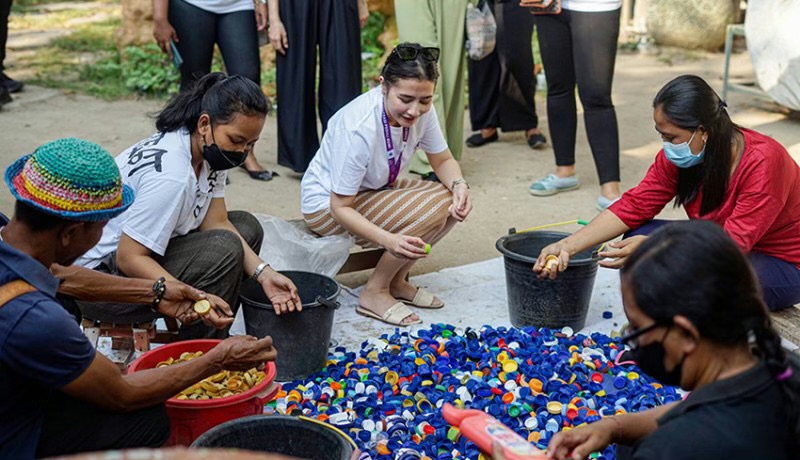
Serangan, also known as the 'Turtle Island', has become the site for the Angen Bali project. The team was assembled several years ago and has now ramped up recycling volumes to 8 kilograms of plastic per day.
“We are not against using plastic, but we are here to provide a solution to this problem,” says I Gede Agastia, a member of the Angen Bali team. According to him, they strive to offer local residents additional motivation to sort waste.
Initially, the system worked on barter: people had the opportunity to exchange plastic for rice. Now, waste is bought directly.
The Angen Bali team recycles collected plastic into tables, chairs, phone and tablet stands, easels, and even podiums. Products are functional and look modern, which is why buyers are actively seeking them out. For the community, it's a new source of income; for the island, it's a way to reduce waste.

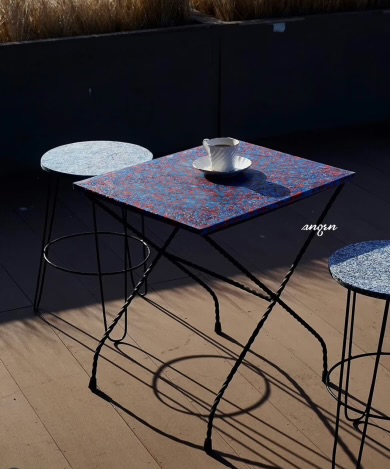
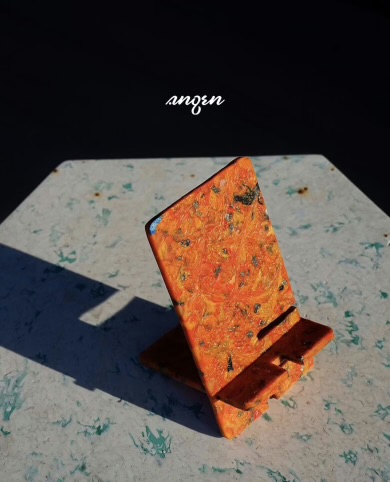
Photo: Angen Bali
Plastic is only part of Bali's waste problem. Most of the waste is still organic. Therefore, Denpasar authorities are now actively implementing modern composting pits.
Ventilation and a design for accelerated decomposition add novelty to these long-known methods. Residents receive fertilizer for gardens and rice fields.
As Denpasar's Deputy Mayor I Kadek Agus Arya Wibawa explained, such pits are the foundation of the waste management strategy. The city is actively promoting waste separation, building TPS3R stations, and in the long run, authorities plan to switch to waste-to-energy technologies, where waste is converted into electricity. But officials emphasize that without community involvement the system won't work.
After the largest landfill on the island, TPA Suwung, stopped accepting organic waste, Bali's Head of the Department of Forestry and Environmental Protection, Made Rentin, stated: “The island can no longer rely on landfills as the final solution. Responsibility for waste should shift to the level of communities and families.”
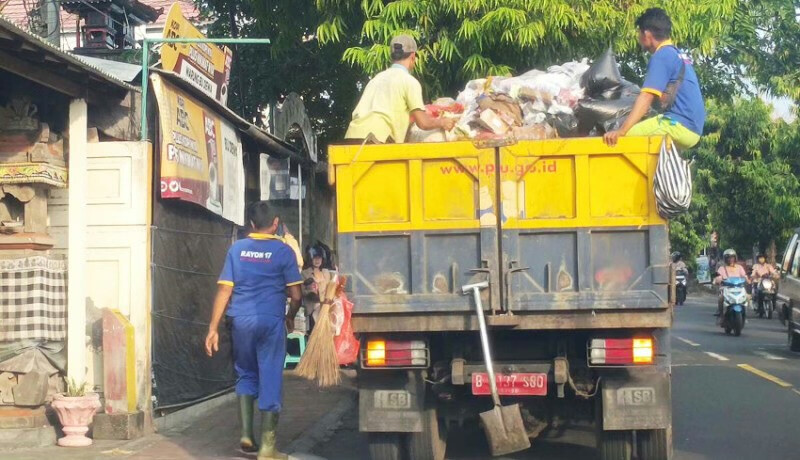
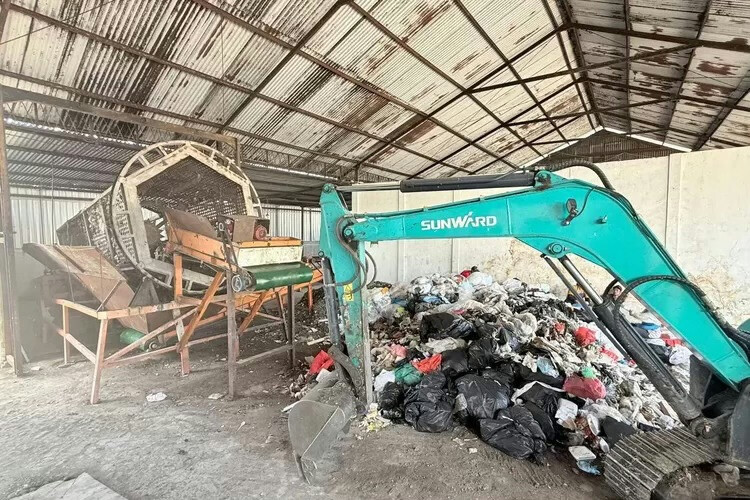
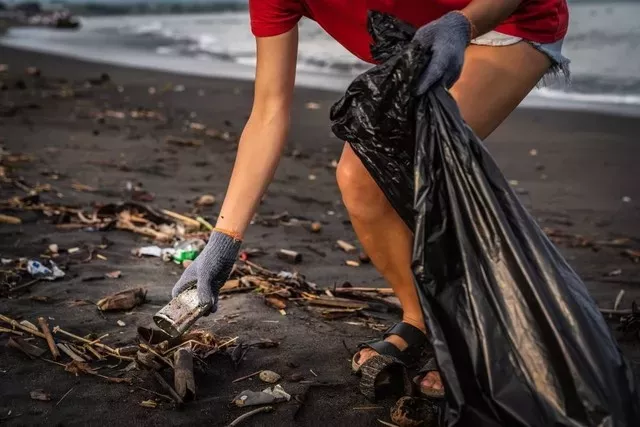
You can add one right now!